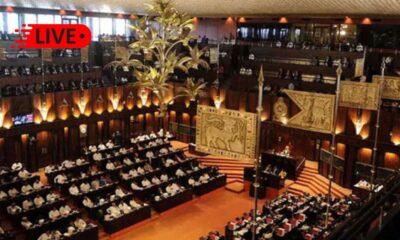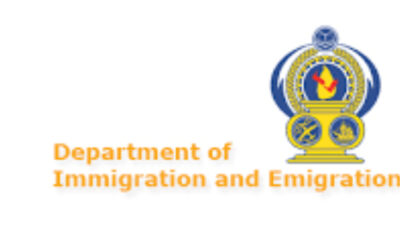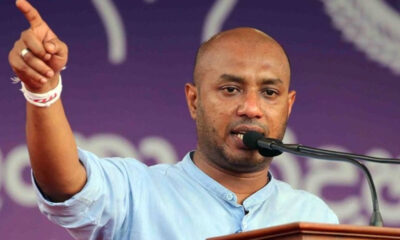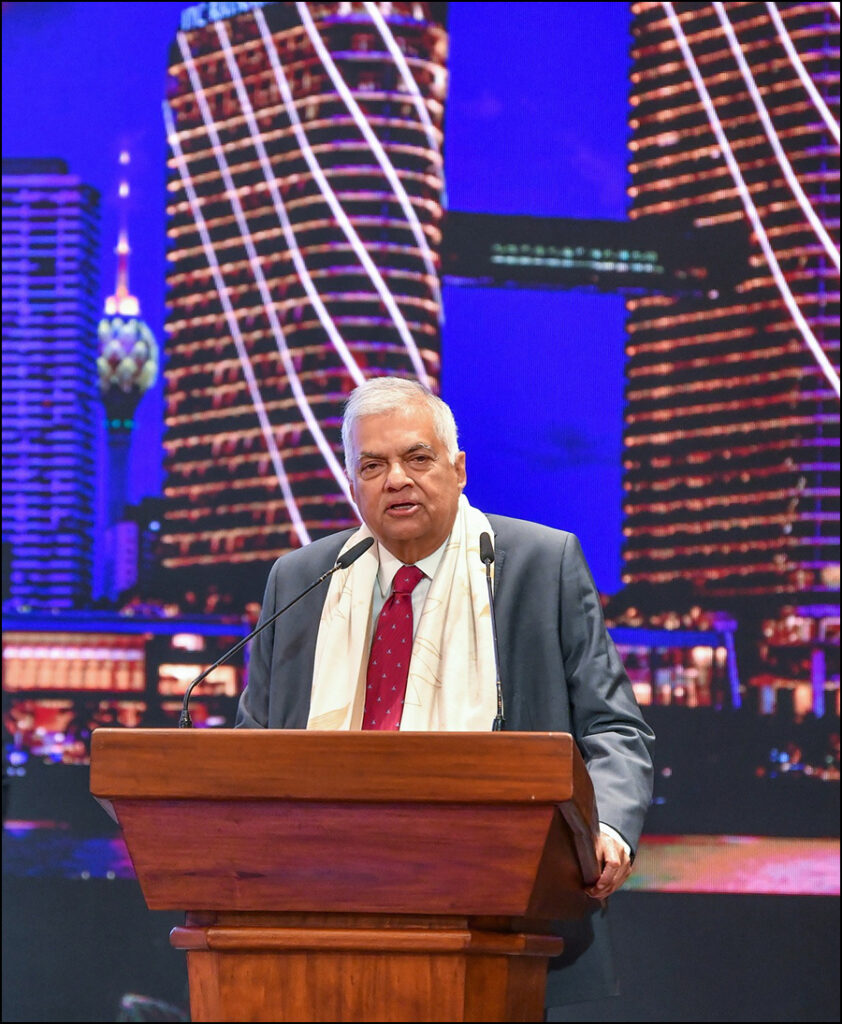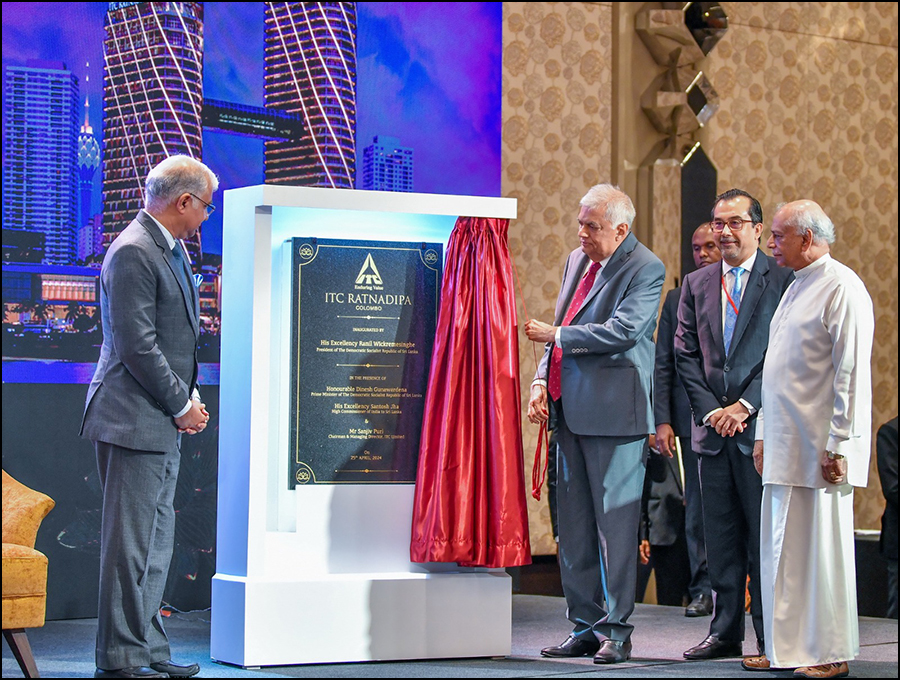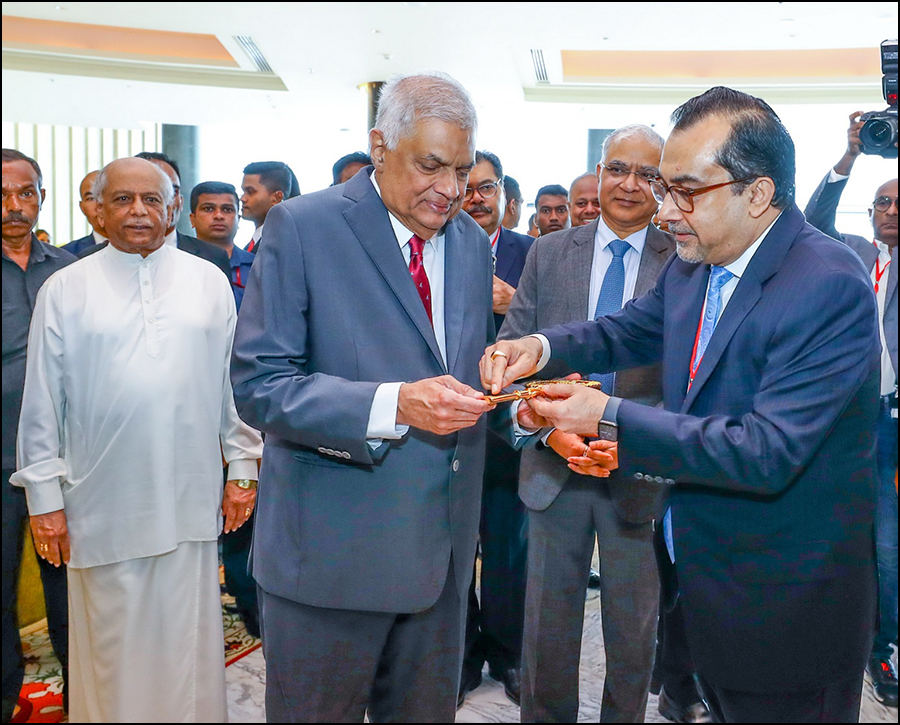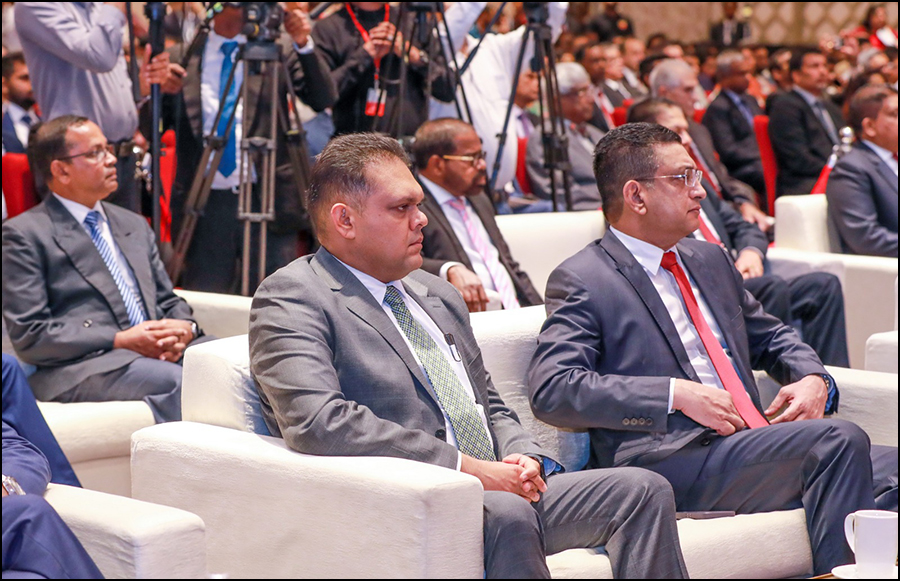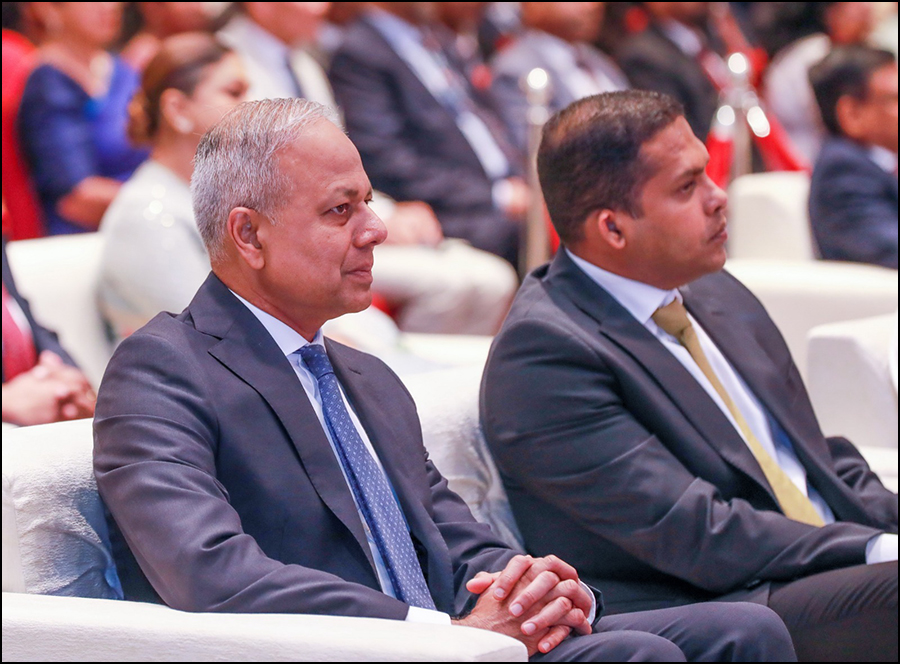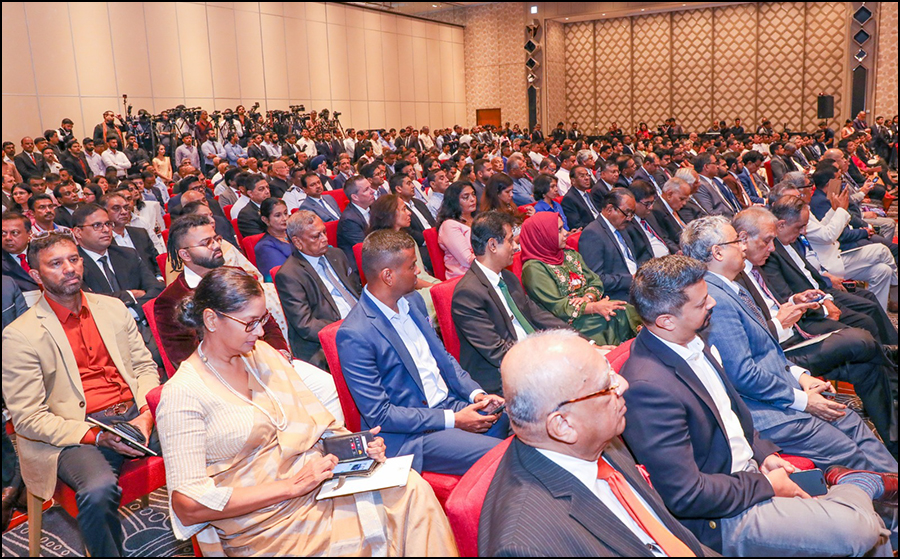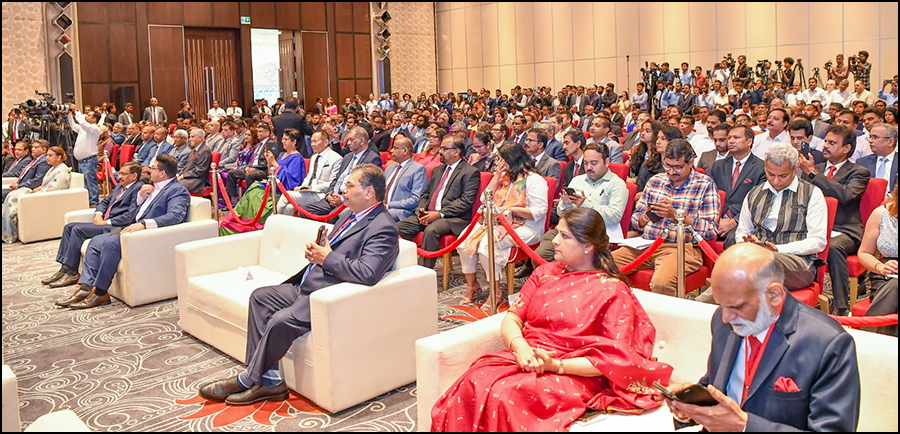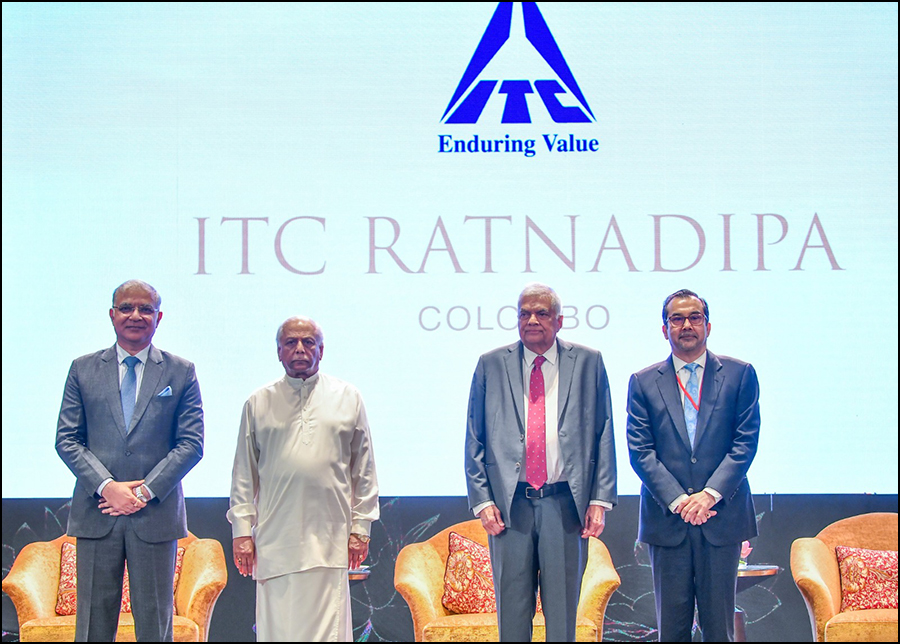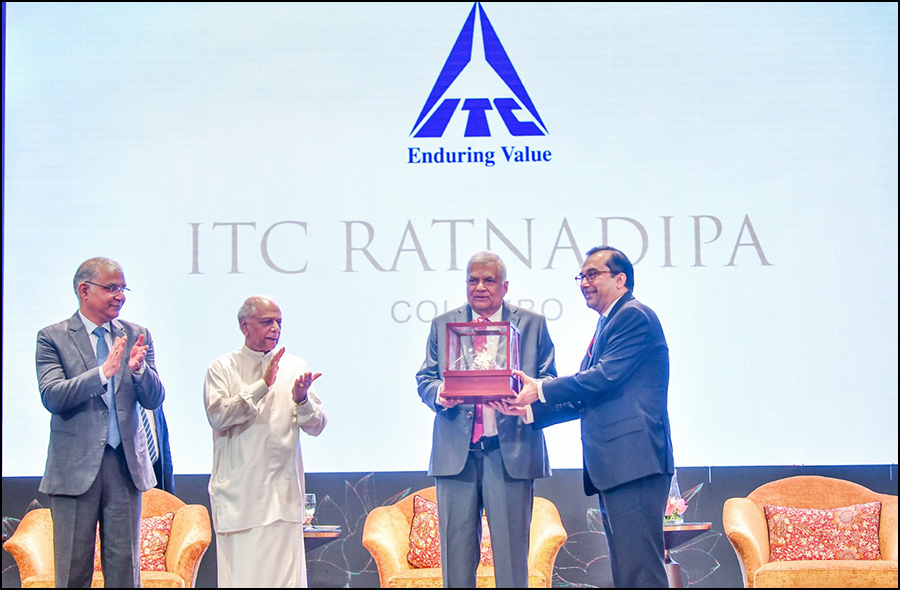It was reported that Lycamobile owner Subaskaran Aliraja, who has become the ultimate owner of three radio and television channels in Sri Lanka, has offered to buy state-owned shares in Sri Lanka Telecom PLC and Lanka Hospital PLC.
The Cabinet approved to sell the shares owned by the state in these two companies.
In a notification to the Colombo Stock Exchange, Sri Lanka Telecom PLC and Lanka Hospital PLC said that the sale of these shares will take place as recommended by the State Enterprise Reform Unit established under the Ministry of Finance, Economic Stabilization and National Policy.
The Treasury holds 49.50% of the issued share capital of Sri Lanka Telecom PLC.
Meanwhile, 51.34% of the share capital of Lanka Hospital PLC is held by the Sri Lanka Insurance Corporation on behalf of the State.
How Aliraja owned TV & Radio channels!
Aliraja is currently the owner of EAP Broadcasting Networks which operates two television channels including Swarnavahini and 3 radio channels.
He also owns Sky Media Networks that operates two TV channels including Sitha TV and 3 Radio channels as well as Max Broadcasting Networks which operates one TV channel and radio channel each.
Although arrangements have been made to show this as a local investment, it is said that this is completely a foreign investment.
However, economists are of the opinion that Aliraja, who has made huge investments in the Indian film industry, taking over these media networks and telecom and communication networks will have a powerful impact on Sri Lanka’s national security and economy.
Swarnavahini deal
The media earlier reported how he invested money in Swarnavahini still remains a secret, and how he had credited the funds from an account which is not under his name to make the investment.
The State Intelligence Service informed the Telecommunications Regulatory Commission (TRC) and the Ministry of Mass Media that several directors of the foreign company, which bought shares of the EAP Group of Companies including the ‘Swarnavahini’ media network which was facing a financial crisis, had maintained close connections with the LTTE.
The Ministry of Defence has informed the TRC and the Ministry of Mass Media on November 15, 2019 through letter number MOD / TEC / 01 / MGMR Network / 2019 (04).
A portion of the assets of EAP Group of Companies had been purchased for Ben Holdings Pvt Ltd.
How Subaskaran violated Companies Act
Today, this company has been able to indirectly obtain 60% ownership of Swarnavahini by violating the laws and regulations of Sri Lanka.
This is because Ben Holdings Private Company has bought 40% of shares while an individual by the name Alex Lowell has bought the remaining 20% of shares.
Meanwhile, 40% of the shares owned by Swarnamahal, EAP Films and other companies belonging to the EAP Business Group are owned by a Singaporean company, Blue Summit Capital.
It was revealed that three members of Ben Holdings Pvt. Ltd had direct links with the LTTE when the company was attempting to buy MGMR Networks owned by MGM Networks Pvt. Ltd.
Before buying a TV channel, the directors of the company that was making the purchase must obtain a clearance certificate from the Defence Ministry. Accordingly, this information was revealed when they were trying to get the relevant clearance certificate.
The directors were not required to obtain clearance certificates from the Defence Ministry when buying Swarnavahini since the license of the TV station was old.
It was revealed that Subaskaran Aliraja, who was born in Mullaitivu, Sri Lanka and later moved to France and became a millionaire, has funded all parties including Ben Holdings Pvt. Ltd, Blue Summit Capital and Alex Lowell.
He is said to be a strong financial supporter of the British Conservative Party and former Prime Minister John Major.

 News23 hours ago
News23 hours ago
 News2 days ago
News2 days ago
 News2 days ago
News2 days ago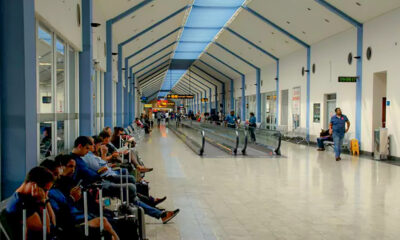
 News3 days ago
News3 days ago
 News4 days ago
News4 days ago
 BIZ22 hours ago
BIZ22 hours ago
 News4 days ago
News4 days ago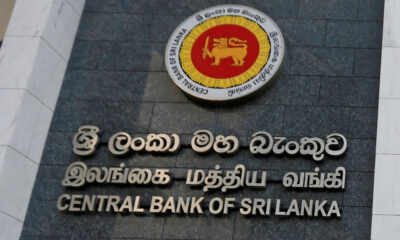
 BIZ4 days ago
BIZ4 days ago


